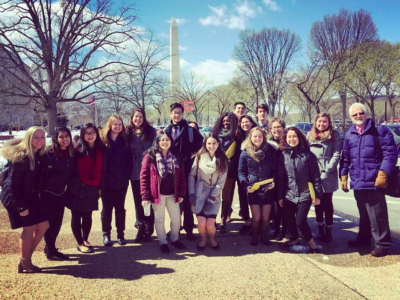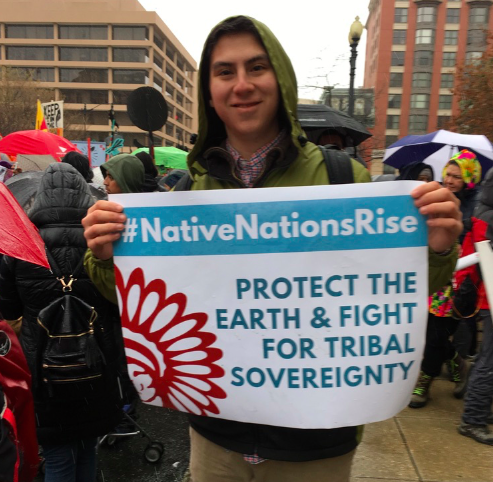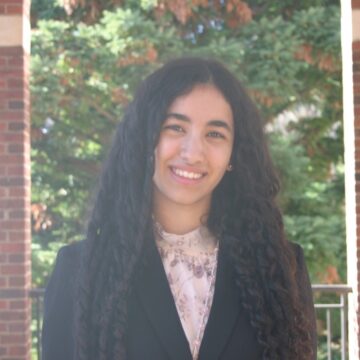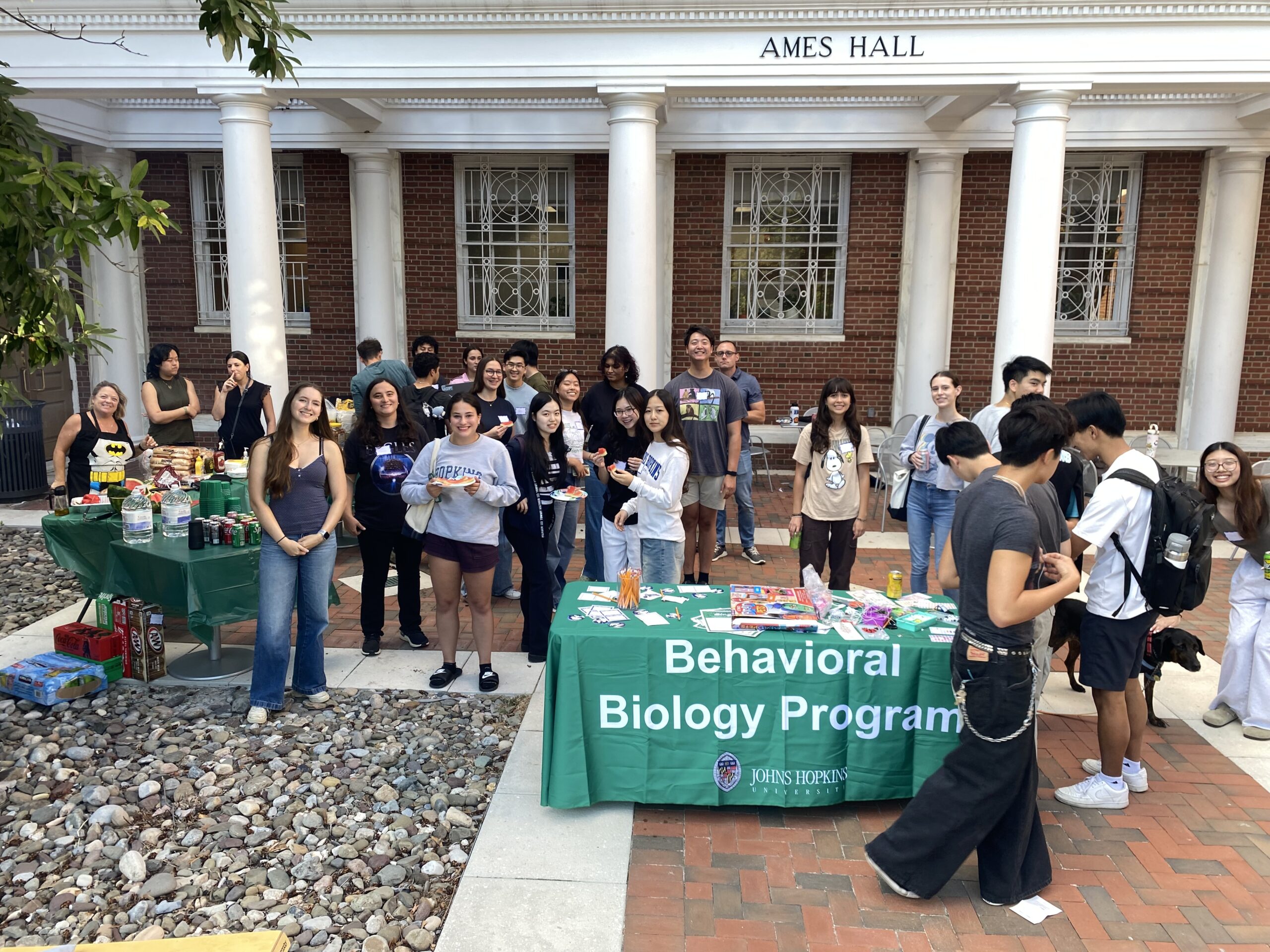
Throughout this past semester, I have had the amazing opportunity to be a part of the Social Policy Minor at Johns Hopkins. Through this program, students are given the chance to view policy in an interdisciplinary context, including economics, politics science, and sociology. To provide this interdisciplinary nature to the program, we are taught by professors from these different departments, as well as other professors who are currently out doing the work that they teach us every week. The program is structured as an intensive semester, in which all social policy minors for that year (17 currently) take all of our 15 credits of classes together and we all are required to work a social policy oriented internship during the semester. Meeting and getting to know the people in my program and their amazing passions, learning from amazing professors, and putting these class lessons into an actual internship has made this semester one of the most fulfilling I have had here at Hopkins.
The Social Policy Intensive Semester is a 15-credit program with 5 classes that each meet once a week for about 3 hours. Although that sounds like a weird structure, it works out that we have two days a week with no classes so that we can also hold an internship off campus. This year, the highlight of our program for me is that we actually have the Deputy Attorney General of Maryland teaching a class called Cities, Crime, and the Constitution. My other classes include classes that focus on public policy writing, policy research, and even a class that focuses specifically on social policy in the context of Baltimore. The interdisciplinary nature of these courses allows for the program to focus on some of the same subjects, but using different academic lenses, which is a lot of what is actually needed in any job that focuses on social policy.
THE INTERNSHIP

One of the most amazing parts of the social policy program, is that they encourage/require you to have an internship during the program. This year, internships range from the Maryland ACLU, the Ways and Means Committee, the American Enterprise Institute. For my internship, I decided to take the commute to D.C. every Tuesday and Friday to work for the National Congress of American Indians, one of the largest and most sought after organizations in Native American advocacy, policy and law. The internship has actually been such a crucial part of my learning experience in this program. While learning policy writing in a classroom is extremely important, it is even more amazing that I actually have had the chance to write memos that have gone to tribal leaders and written op-eds that are a crucial part of what NCAI does on a daily basis.
THE PEOPLE
The greatest part of this program have been the amazing people that I have gotten to go through this program with, and the professors and bosses who have helped me to learn so much this semester. Our diverse cohort is full of people with different majors, people from different places, and people with different passions but overall, we all are working to create change in the communities and academic areas that interest us. It is honestly such an amazing thing to sit in a class with 16 other people who are equally as passionate about studying housing segregation in Baltimore or comparative social policy around the world.
Overall, the social policy program has provided such an amazing environment to explore my passions, and to learn how to make those passions into actions in my community. Through my internship and the accompanying classes, I have learned how to solve seemingly unsolvable problems. With the help of the people alongside me this semester, I have been able to talk openly about issue in Native communities, and to even hypothesize ways to solve them. Even more importantly, the social policy program has already helped me to add to my resume, to have better writing sample, and consequently to land a paid policy internship in D.C. with the Senate Committee on Indian Affairs. If it was not for this program, I would not have had the experience, the writing and project samples, and the confidence to go for a position like this. Oh, and did I mention, at the end of this intensive semester you have a minor added to your transcript! I highly suggest that anyone who has a want for change in their community, regardless of major or experience, apply for this program and see your passions become actions.




